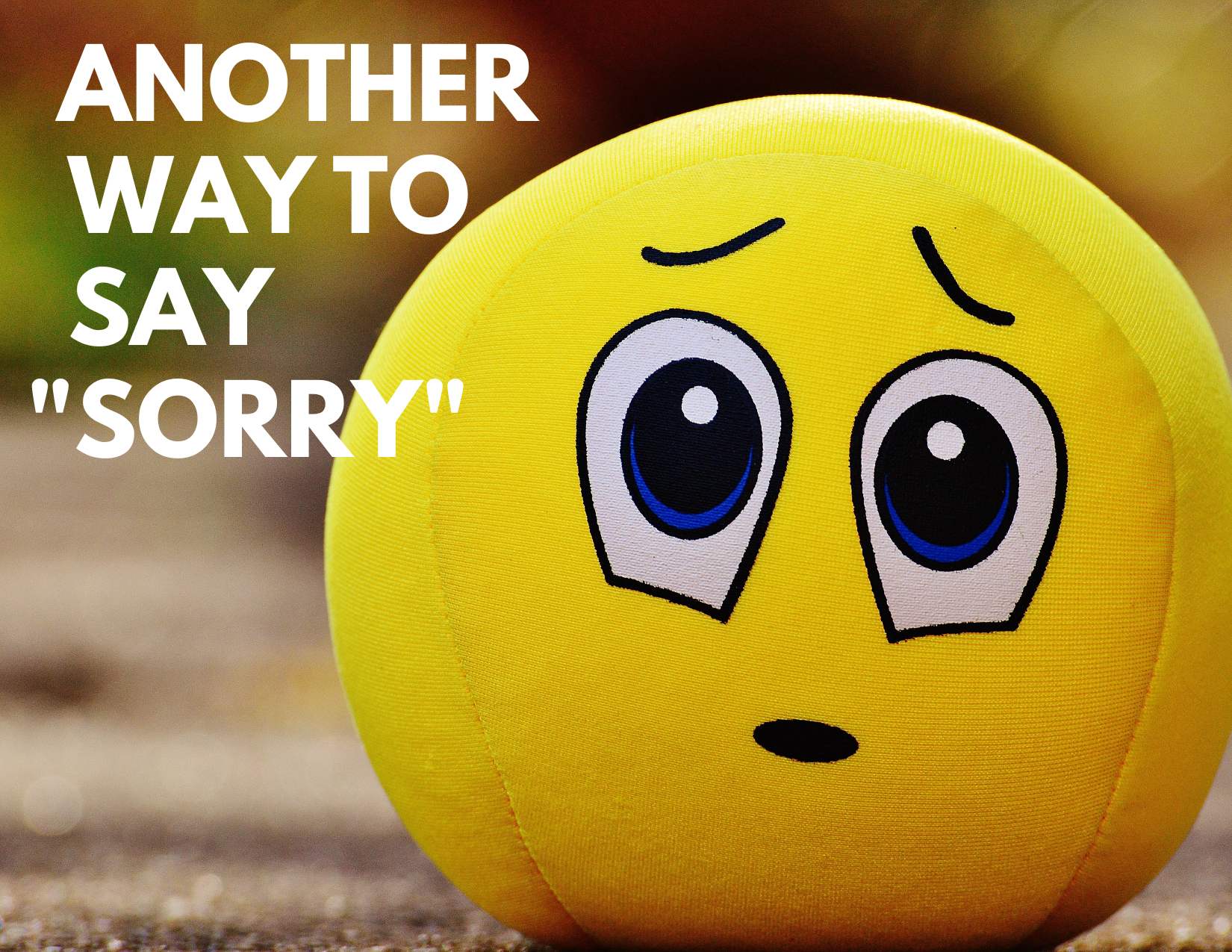Many people visit this site in search of answers to their etiquette questions. One popular query is “How do I end a letter?” Another is “Is ‘best regards’ acceptable?”

The Complimentary Close
It’s the “complimentary close” or “complimentary closing” that business writers are wondering about, those phrases that come before the signature in a letter. The complimentary closes below are listed from (1) very formal to (14) very warm.
- Very truly yours,
- Respectfully,
- Yours truly,
- Sincerely yours,
- Sincerely,
- Best regards,
- Kind regards,
- With thanks,
- Best wishes,
- Cordially,
- Warm wishes,
- Warm regards,
- Warmly,
- Affectionately,
All of the complimentary closes above are acceptable. You can choose among them based on your taste and the type of business letter. A letter informing someone of a job layoff might use “Sincerely yours.” Congratulations on a retirement might end with “Warm wishes.” If you’re not sure which close fits your letter, choose “Sincerely.”
“Best regards” has become more and more common, and it may soon eclipse “Sincerely” in popularity. “Regards” is the minimalist version. I don’t use “Regards” because it seems curt rather than friendly.
“Cordially” means “warmly” and “sincerely,” but the word feels too reserved to me. I prefer “Warm wishes” or “Sincerely,” which both feel warmer. But it’s a question of preference–not appropriateness. I simply don’t prefer “Cordially.”
“With many thanks” has its proper place. However, the words “Thank you” are not a complimentary close–they are part of a sentence. They belong in the body of the letter fleshed out and with a period at the end, like this example: “Again, thank you for helping me with the auction.”
Do not use “Kindly” as a close. If you like the word kind, choose “Kind regards.”
Of course, “Affectionately” would be right only in a very close business relationship. “XOXO”? Only if you dare!
Condolences
The proper close for a letter of sympathy or condolence is one of these, or something similar:
- In deepest sympathy,
- With our condolences,
- In sympathy,
- Very sincerely,
- Wishing you comfort
- My warmest regards
- Thinking of you
As you have probably noticed, only the first word of the complimentary close is capitalized, despite the title of this post.
In business writing classes, people have asked, “Do I have to write Sincerely if I can’t stand the person and I don’t feel sincere?” The answer is yes. “Sincerely” is a much more gracious close than “Spitefully” or “With strong malice.” (Note: I am joking. The two previous closes would never be used in a business letter.) Besides, “Sincerely” communicates positive energy and a knowledge of proper etiquette.
Here are a few other situations and their appropriate proper closing suggestions:
To express gratitude
Wish to express gratitude? Here are a few options for when you would like to say thank you:
- Much appreciated!
- Many thanks!
- Thanks / Thank you for your consideration,
- Thanks / Thank you for taking the time,
- Thanks / Thank you very much,
- Thanks / Thank you for your efforts,
- Thanks / Thank you for your work on this,
- Thanks a ton,
- Thanks a bunch,
- Thanks for reading,
- Thanks a million!
- My sincere appreciation/gratitude/thanks,
- I appreciate your (help, work, dedication, guidance, advice, etc.)
- I sincerely appreciate ….,
- My sincere appreciation/gratitude/thanks,
- My thanks and appreciation,
- Please accept my deepest thanks,
- Thank you for everything you do,
- Thanks for being awesome!
- Much obliged,
- I owe you one,
- Appreciatively,
- Your help and support is greatly appreciated,
- With gratitude,
Casual and Friendly
If you wish to sign off in a causal and friendly way. Note that the last two are really only appropriate amongst close colleagues.
- Have a great day!
- Have a good one!
- Have a good evening,
- Have a great weekend!
- Here’s to a great (day of the week)!
- Enjoy the rest of your day!
- Hope you have a nice day,
- Enjoy the rest of your week,
- Cheers!
- Be well,






